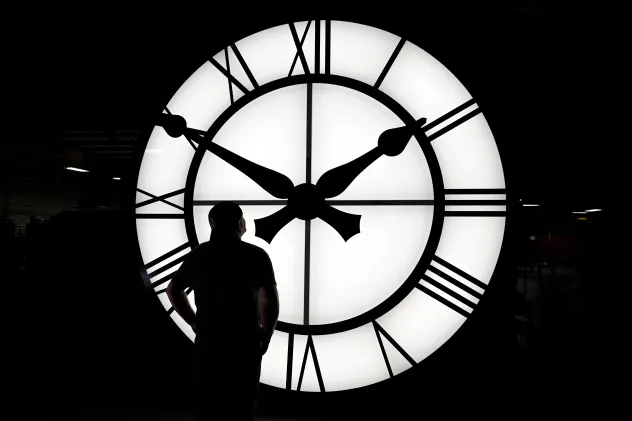Get Ready for Daylight Saving Time 2024
The clocks are about to turn as Daylight Saving Time (DST) ends Sunday, November 3, 2024. At 2 a.m., most regions in the U.S. and Canada will “fall back,” gaining an extra hour of sleep but marking earlier sunsets and shorter daylight hours. The seasonal shift in time continues to be at the heart of disputes over how it influences health and productivity and energy use.
What to Expect with the Change
With the clocks going back by one hour, it should mean darker evenings and brighter mornings. It’s a welcome rest for many but throws other people’s sleep patterns into disarray for a few days. Naturally, routines have to be adjusted, including the dynamics of people with kids or someone tied to a fixed schedule.
Where DST Is in Effect (and Where It’s Not)
Although most regions in North America put up with the practice, Hawaii, parts of Arizona, and some provinces of Canada like Saskatchewan do not. In fact, many countries worldwide are opting out of the practice, mostly on the grounds of minimal savings in energy and more on people’s preference for standard time.
Safety Tips for the Change
Authorities advise drivers to be vigilant for the initial few days after the daylight saving transition, as accidents will increase with the disturbance of sleep times. It’s also a prime time of year to check home safety devices, such as smoke and carbon monoxide detectors, by replacing their batteries.
The Continuing Controversy
Although the debate about DST has been ongoing for several decades, proponents argue that it conserves energy because daylight hours are longer in the evening, but opponents argue that health effects-related effects from displaced sleep and accidents at dusk and dawn outweigh perceived savings. In recent years, several U.S. states and Canadian provinces passed or introduced legislation to end DST or make standard time permanent or daylight saving time permanent.
As November 3 comes into view, don’t forget to fall back and prepare for that time shift. Do you welcome the extra hour in bed or hate the earlier darkness? Either way, the time change marks the close of long evenings of sparkling winter nights. Will this be one of the last years we record Daylight Saving Time? Only time will tell.
